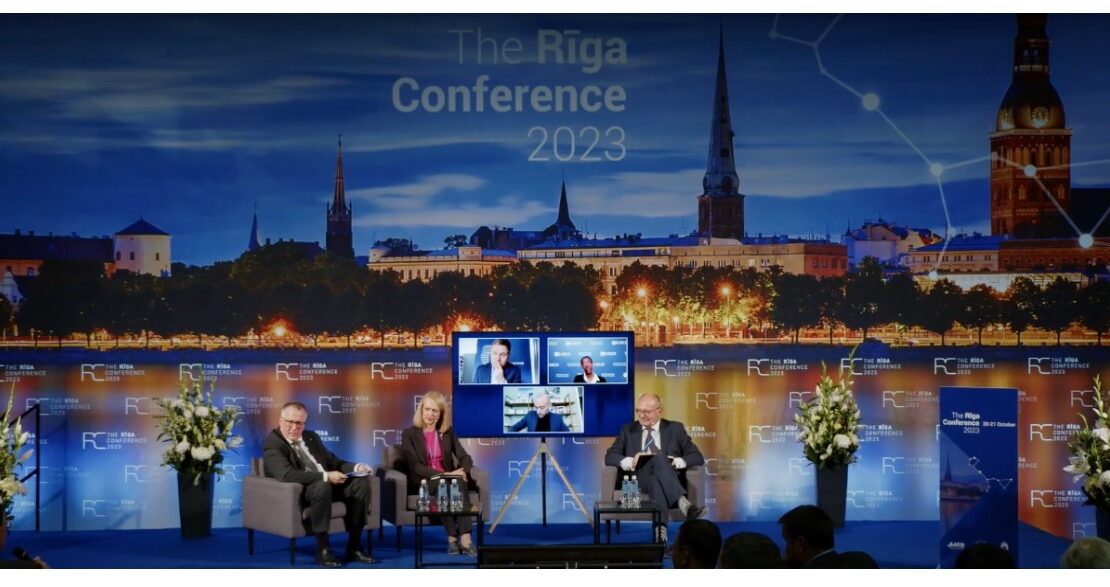Russia’s invasion of Ukraine has changed the international security environment. The war has directly impacted European defence, trade and energy, and other policies. For almost every European country, population ageing, decarbonization and defence exert fiscal pressure on public spending. Unprecedented inflation together with growing demands on governments have required an economic regime change in Europe. Public expenditure is growing, including the cost of military, social and economic assistance to Ukraine. How targeted is the assistance provided to Ukraine by the EU and NATO? What are the objectives of this assistance? Can sanctions stop the aggressor? If the objective is not to clearly stop the invader, then sooner or later we will face the prospect of a wartime economy, requiring a fundamental change of modus operandi in our economic policies.
Arvils Ašeradens, Minister of Finance of the Republic of Latvia
Paschal Donohoe, Minister for Public Expenditure of Ireland, National Development Plan Delivery and Reform of Ireland, President of the Eurogroup (online)
Ieva Tetere, Chief Executive Officer at the SEB Banka Latvia
Benjamin Haddad, Expert in European politics and transatlantic relations (online)
Mame Fatou Diagne, Head of Division in the Economics Department of the OECD
Miguel Otero Iglesias, Senior Analyst at the Elcano Royal Institute and Professor at IE School of Global and Public Affairs (online)
Moderator: Alan Riley, Nonresident Senior Fellow at the Atlantic Council

